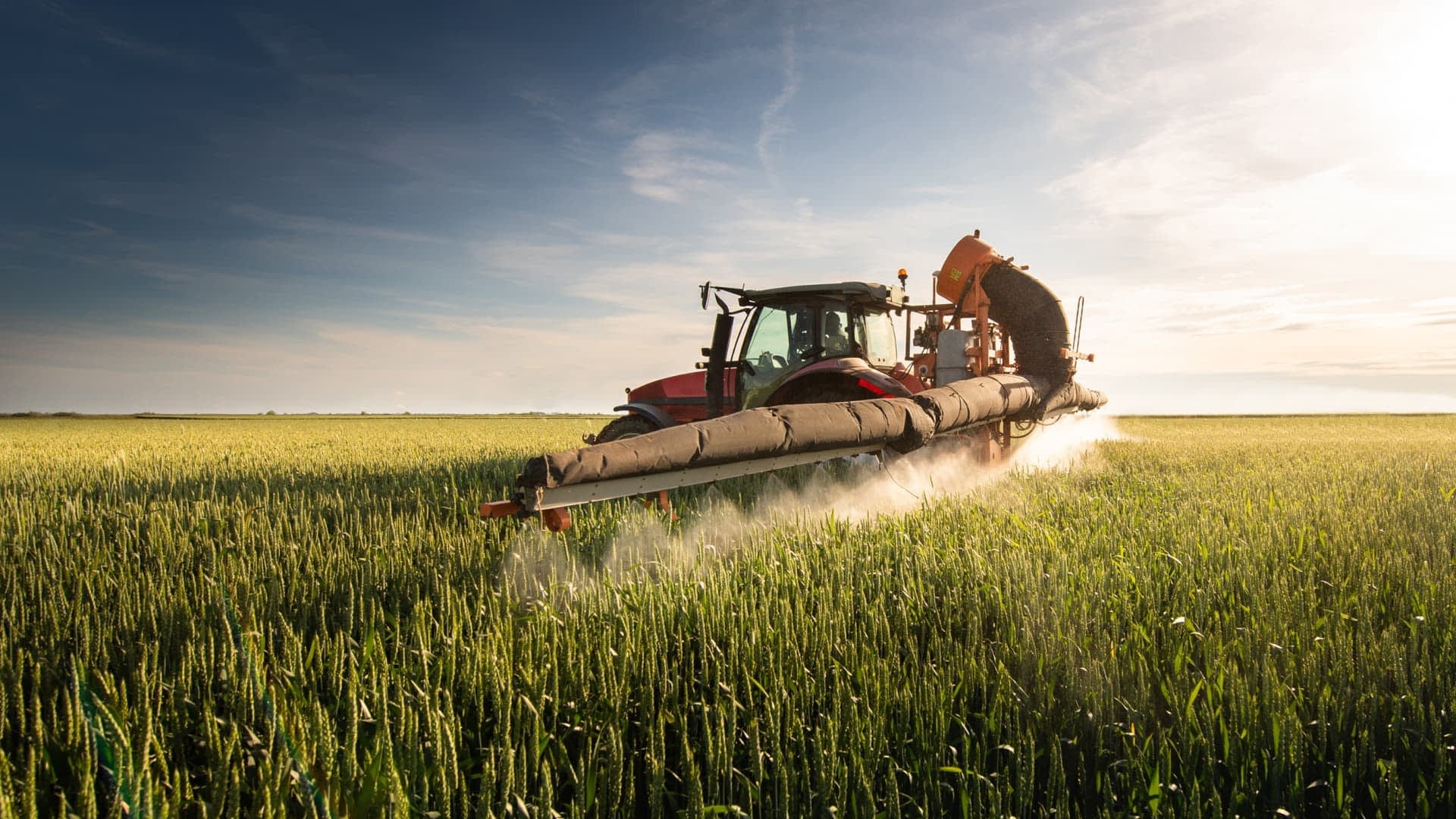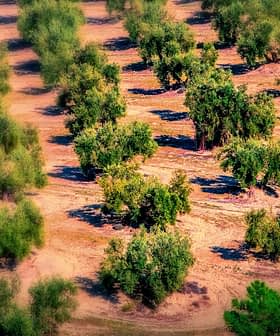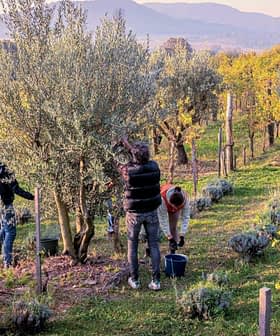 5.8K reads
5.8K readsWorld
Multinational Food Producers Call for Swift Change in Agricultural Practices

A new report from the Sustainable Markets Initiative task force of agribusiness CEOs calls for collaboration between governments and food producers to promote sustainable agriculture and reduce climate change. The report outlines an action plan to increase the adoption of regenerative agriculture practices, emphasizing the need for urgent action to address climate change and promote a more sustainable food system.
A new report from the agribusiness task force of the Sustainable Markets Initiative (SMI), a network of prominent food business chief executives, has urged governments and food producers to work together toward more sustainable agriculture to prevent further fueling of climate change.
The report is sponsored by some of the largest and most influential multinational food and farming corporations, including Bayer, Mars, McCain Foods, Indigo Agriculture and McDonald’s.
It sets forth an action plan to promote regenerative agriculture, an alternative means of producing food that focuses on cutting emissions in farming while promoting soil health and biodiversity.
See Also:Food System Reform Can Reverse Deforestation and Desertification, Report Finds“[Agriculture] accounts for a large proportion of the global greenhouse gas emissions,” the report said. “If businesses are to meet their net-zero commitments and protect against future supply-chain disruption, they must facilitate a transition to a more sustainable food system.”
The report’s authors argued that agriculture, the world’s largest industry, can solve environmental challenges through regenerative farming. They noted, however, that the adoption of regenerative agricultural practices is lagging.
“The rate of growth [of regenerative farming] needs to triple to reach 40 percent of global cropland by 2030 and deliver against the world’s need to limit climate change to 1.5 ºC,” they wrote.
The report also prompts governments and the food industry to address the knowledge gap in how to implement regenerative farming and ensure farmers worldwide follow best practices.
Grant Reid, the task force chair and outgoing chief executive of Mars, a signatory to the report, stressed the importance of acting quickly to ensure agriculture plays an active role in curbing climate change.
“We are at a critical tipping point where something must be done,” he said. “The interconnection between human health and planetary health is more evident than ever before. Big food companies and agriculture must play a big part in changing that.”
On the other hand, critics claim that large agribusiness companies are among the most accountable for the mismanagement of the climate and have no alternative but to take notice of climate change sooner or later.
“I don’t think any of these companies – say a McDonald’s – has any commitment to curtail the sales of highly polluting products,” said Devlin Kuyek, a researcher at Grain, a non-profit that works with small farmers. “I don’t think PepsiCo is going to say the world doesn’t need Pepsi.”
Kuyek also underlined the importance of small food producers and blamed large corporations for undermining sustainability in food production.
“Small, local food systems still feed most of the people on the planet, and the real threat is that the industrial system is expanding at the expense of the truly sustainable system,” he said. “Corporations are creating a bit of smoke and mirrors here, suggesting they are part of the solution when inevitably they are part of the problem.”









